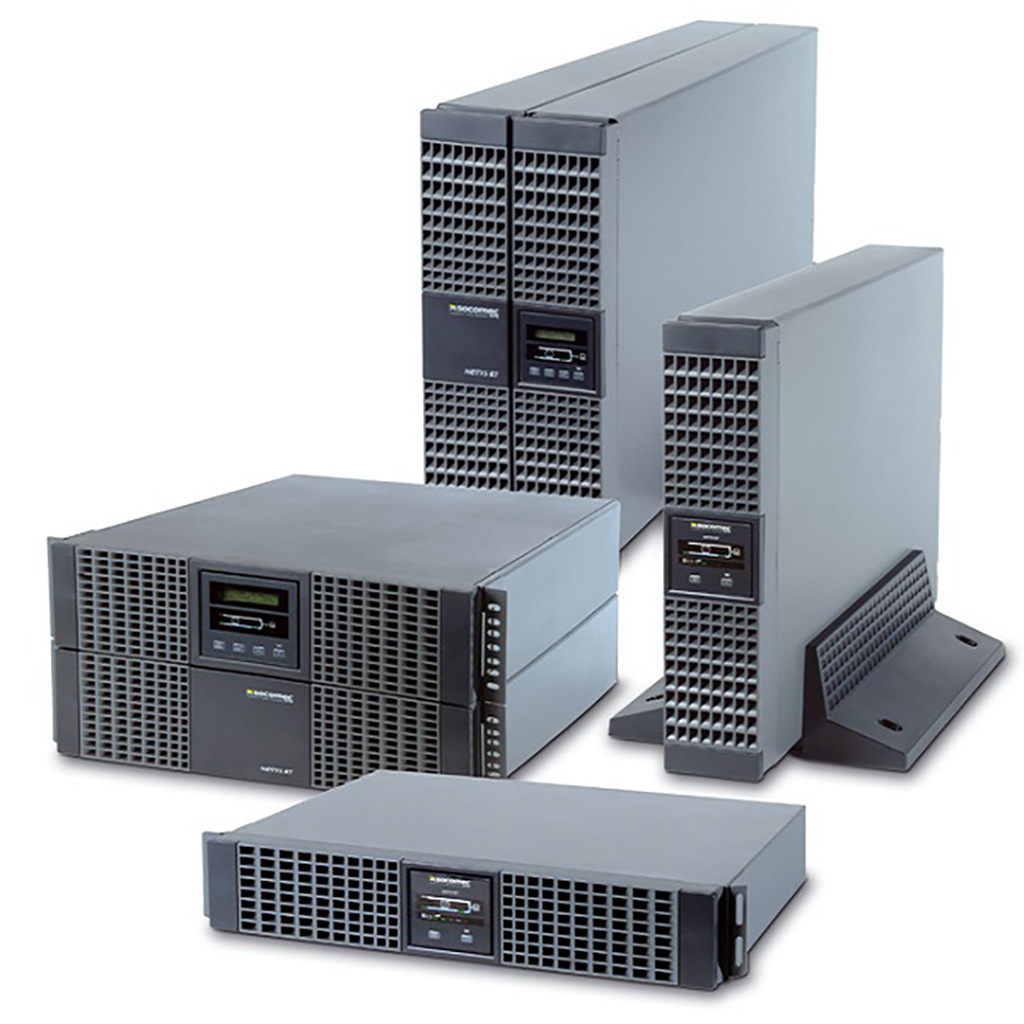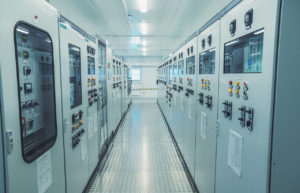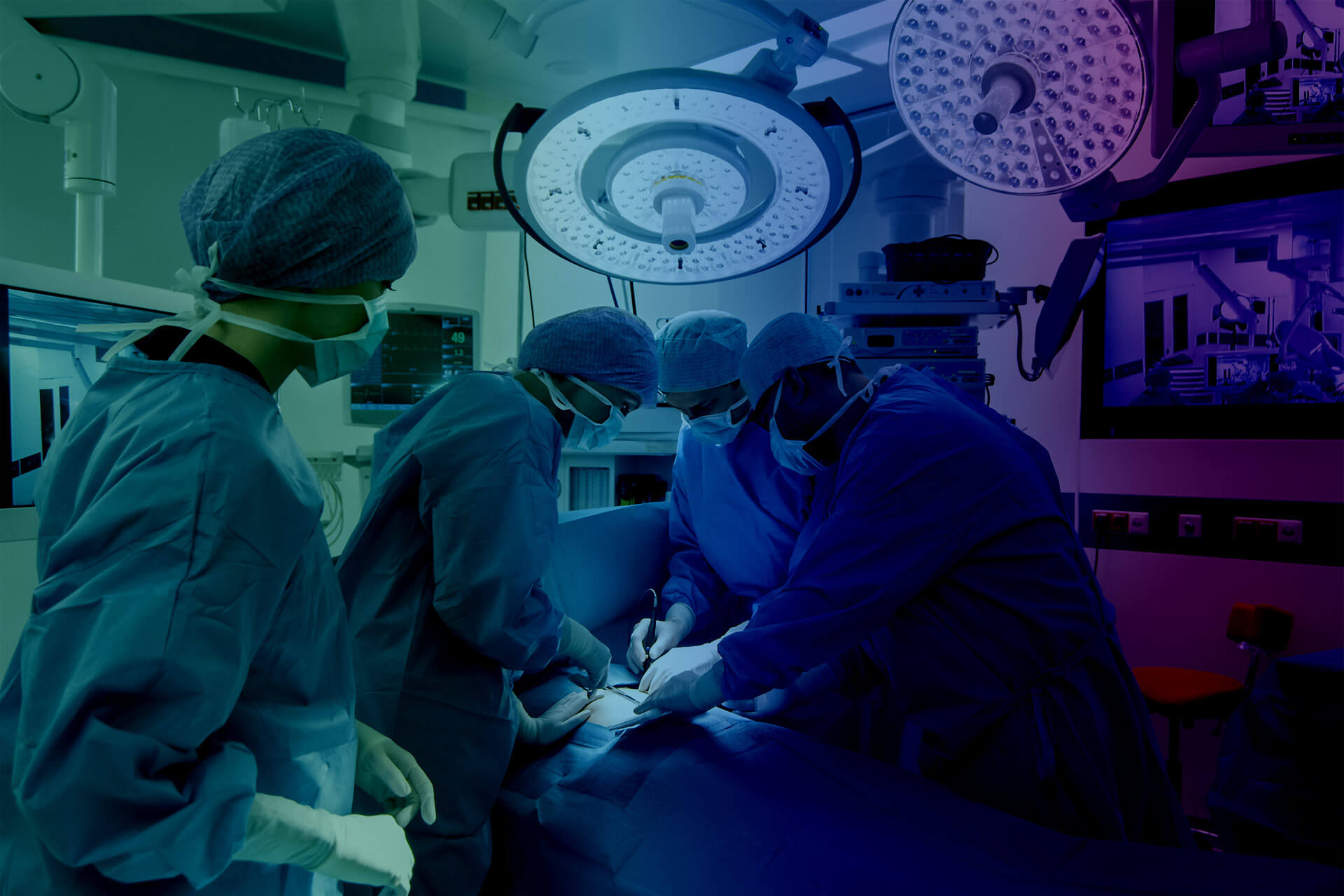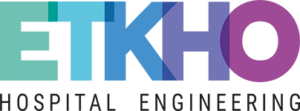There are a number of high-risk areas in hospitals, also known as critical hospital areas. In these areas (operating rooms, emergencies, etc.) there is a significant bacterial burden and there are patients who need, more than anyone else, a safe environment free of any type of risk to their health and their own lives. In this article we want to talk to you about Uninterruptible Power Systems (UPS), their functionalities and benefits.
The demand for electricity is present in all areas of our lives, especially since technology is part of our daily lives. And this energy dependence can also be extrapolated to the health or hospital sector.
The lives of people who go through an operating room or are in an emergency room can depend, never better said, on a thread. A power failure or power outage, for example, can be tremendously detrimental to their health. On the other hand, we are seeing how climate change increasingly exposes us to extreme natural phenomena such as storms or torrential rains that can negatively and very dangerously affect the operation of hospital activity.
According to studies by the Public Library of Science and The New England Journal of Medicine, natural disasters are increasing and failures in the electrical system of hospital centers have a direct impact on the health of patients in different ways and levels. For example, it can make it difficult for doctors to access basic resources to care for patients. In this context, and to ensure that critical hospital areas can continue to perform their work even in circumstances of extreme emergency, we have Uninterruptible Power Systems.
What are Uninterruptible Power Supplies?
Uninterruptible Power Systems, also known as UPS, as we have previously commented, are a device thanks to which the power supply can be maintained even when abnormal situations occur. In short, it can be said that we are dealing with a protection system for the devices that are connected to the electrical network of a center, in this case, hospitals, health centers or critical hospital areas.
At ETKHO we have emergency power supply systems that, in the event of failure of the main power system, begin to work automatically in less than 0.5 seconds, thus avoiding any collateral damage, especially for the safety of patients in hospital centers.

What are UPSs for?
Critical and complex situations are experienced daily in hospitals. The faculty and staff in general are prepared for this type of moment. However, none of them would like to be present in a hospital or health clinic when a power outage occurs. In such cases, a nightmare scenario is presented that tightens the thread between the life and death of many of the patients who are admitted and whose lives and health depend on the systems to which they are connected.
On the other hand, if the electrical system of a hospital fails, for example, it can also cause the images of scanners, x-rays, etc. to be of poor quality, requiring re-imaging or making analysis and diagnosis difficult. It’s not necessary to say that a problem of this type can also lead, in the worst case, even legal problems or negligence claims in the event that someone dies as a collateral consequence of a power outage, for example.
For all the aforementioned, in summary, it can be said that these feeding systems for medical use serve to:
- Protect the energy of medical institutions.
- Guarantee a constant flow of energy, also in extreme or emergency circumstances.
- The protection it offers is practically instantaneous since the device has a series of batteries that store energy.
With this in mind, UPSs protect hospital centers and their critical areas from common electrical anomalies such as:
- Power outages
- An unstable electrical supply
- Voltage drops or rises
- Distorted current signal
- Electrical noise
UPS characteristics for critical hospital areas
There are different types of UPS for medical use, each with its own technical characteristics. However, there are a series of common characteristics in all the UPS that we recommend from ETKHO:
- Various power inputs.
- Regulation of the output voltage and frequency. This causes a greater tolerance on the input voltage and extends the life of the battery.
- A totally clear and simple LED interface. Includes acoustic alarms.
- Possibility of integration in building management systems (BMS) or LAN networks.

Benefits of an Uninterruptible Power Supply
Today, more and more hospitals are made up of smart building systems. In fact, there are even smart operating rooms. Therefore, they have closed circuits for monitoring their facilities or fire alarms and are usually in connection with emergency systems.
On the other hand, it should not be forgotten that an enormous amount of medical information (medical and patient records, etc.) is collected in health centers that is essential for the day-to-day running of health operations and, consequently, for the treatment of patients and that, if lost, could even jeopardize their health. Therefore, hospital organizations also have data centers that must be protected with uninterruptible power supplies under any circumstance.
In this context, from ETKHO we promote the implementation and use of UPSs and we want to tell you about their most important benefits:
Prevention
First of all, these electrical devices are a prevention system. The best remedy for any unforeseen, especially in the field of health, is to be prepared. With the support of our uninterruptible power supply systems, the hospital center will have the security and tranquility of being covered and having energy immediately in case of any power failure or outage.
Data preservation
As mentioned previously, in all types of hospital organizations medical information is collected on patients and is essential to preserve this information for the proper functioning of the centers. In this sense, before a blackout there is a risk of losing important information. Therefore, with an uninterruptible power supply, the data will always be under control and accessible at any time.
Patient safety
Undoubtedly, preserving the health and safety of patients is the primary function of hospitals. Therefore, although indirectly, the implementation of uninterruptible power supply systems for medical use allows patients not to have to suffer the consequences of power cuts or other abnormalities.
Equipment care and maintenance
From a more technical point of view, that is, thinking beyond the patients and doctors of a hospital or health center, UPSs also protect the technical equipment used in these medical centers. Therefore, some of its advantages are:
- Prevent medical equipment from being damaged, stopped working or damaged by abnormalities in the power supply.
- Extra protection of devices.
- Regulation of energy in cases of current peaks or voltage rises and falls.
- Avoid the loss of critical information.
Conclusion
In short, from ETKHO we recommend without any doubt that every health center or hospital has uninterrupted power systems that guarantee its work in any of its areas, especially in critical hospital areas, and in any type of circumstance, even in the most critical. Always, also, without prejudice to the technical teams or the patients.



